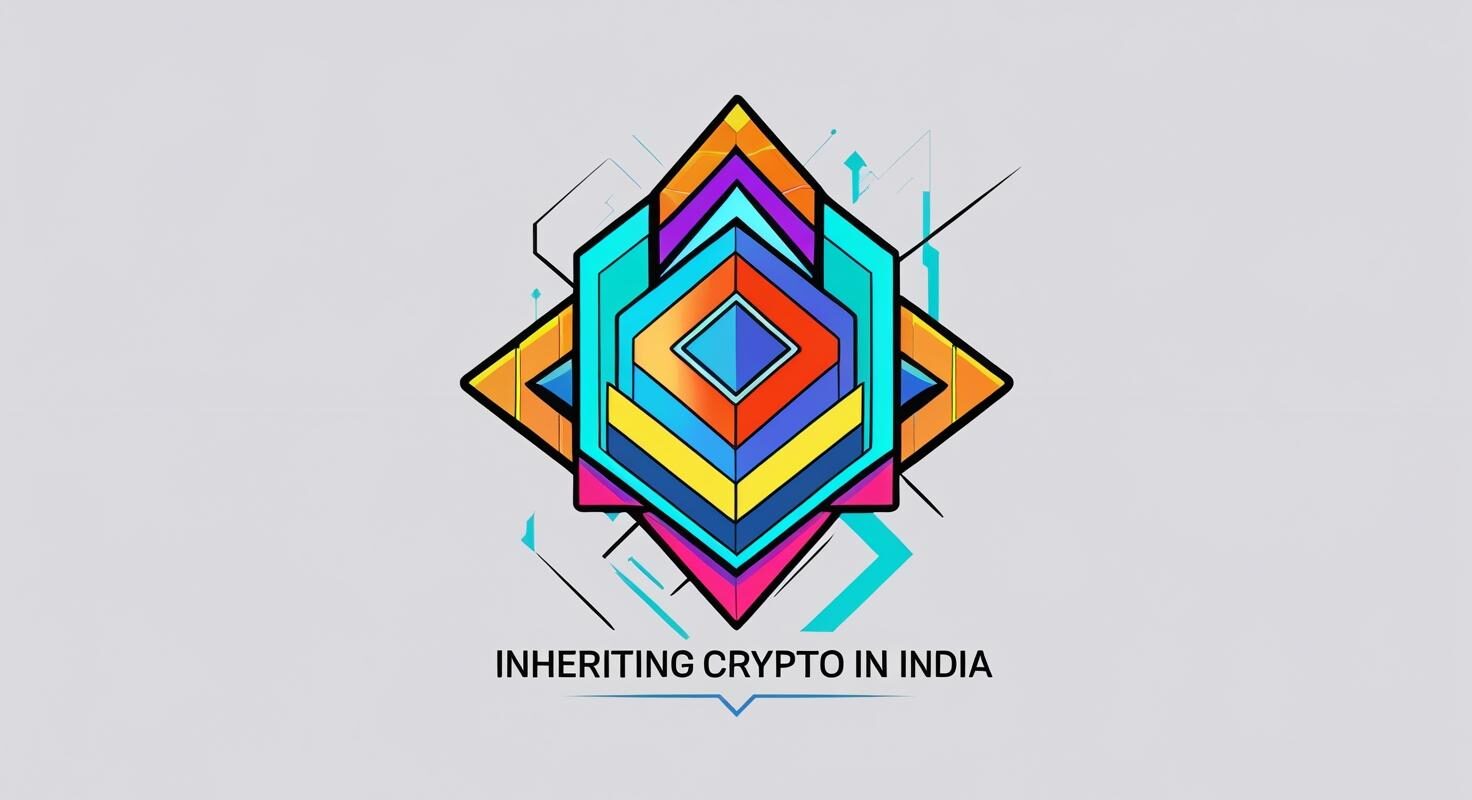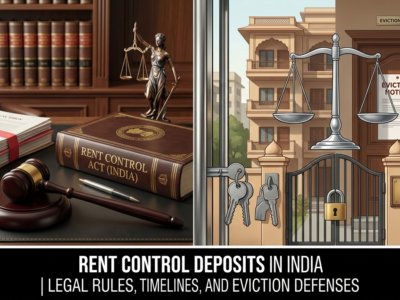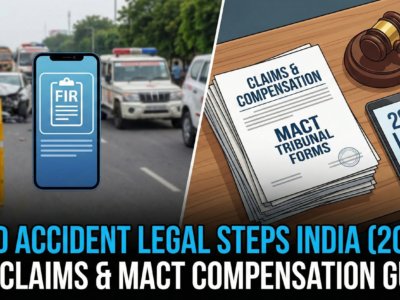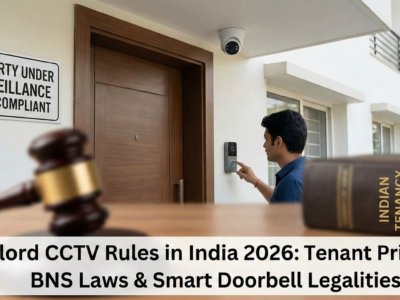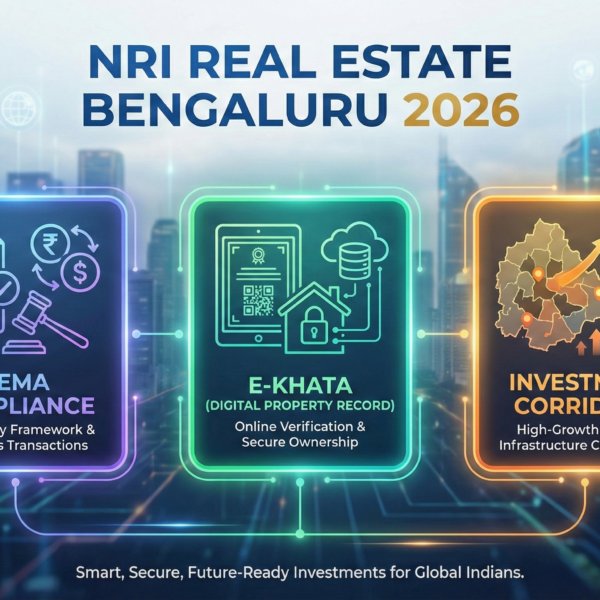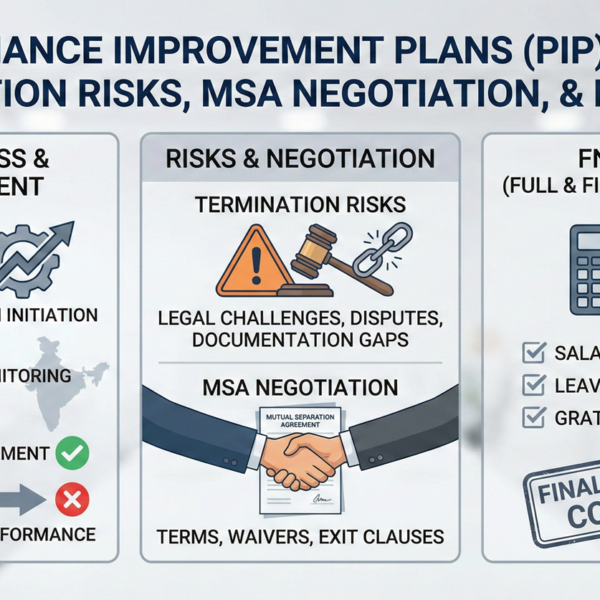Unlike a fixed deposit, a Bitcoin wallet or NFT collection does not pass to heirs automatically. Because India lacks a dedicated “crypto succession” code, platforms such as WazirX or CoinDCX and custodian banks lean on the same documents courts accept for other movable assets.
In practice, a legal heir must furnish (i) a probated will or a succession certificate under the Indian Succession Act 1925, (ii) the deceased’s death certificate, (iii) full KYC—PAN, Aadhaar and bank proof—and (iv) an indemnity form demanded by the exchange. Once verified, the exchange releases the virtual digital assets (VDAs) into the heir’s own KYC-approved account; any INR balance off-ramped through a bank follows the identical checklist. This guide unpacks each document, timelines, fees and common rejection triggers so you can claim a loved one’s crypto without costly detours.
Evaakil.com
Inheriting Digital Assets in India
A complete legal and procedural guide to inheriting Cryptocurrency and NFTs. Understand the laws, the processes, and the paperwork exchanges actually accept.
1. The Legal Paradox: Property for Tax, Orphan for Law
India's approach to Virtual Digital Assets (VDAs) is a study in contrasts. The Finance Act, 2022, formally defined VDAs under Section 2(47A) of the Income Tax Act, making them legal to own and trade, but not as legal tender. This recognition was primarily for taxation.
India's VDA Tax Structure (Sec 115BBH & 194S)
30% Flat Tax
On all gains from VDA transfers, regardless of income slab.
1% TDS
Deducted at source on transfers over ₹50,000/year.
No Loss Offset
VDA losses cannot be set off against any other income.
Crucially, the Income Tax Act classifies VDAs as "movable property," which is the legal bridge allowing them to be inherited. However, this classification has not been mirrored in succession laws like the **Indian Succession Act, 1925** or **Hindu Succession Act, 1956**, creating a legislative gap.
Good News on Inheritance Tax
The act of inheriting a VDA is exempt from income tax for the heir. Tax is only triggered later when the heir sells the asset, calculated on the gains from the date of inheritance.
2. Old Laws, New Assets: The Indian Succession Framework
Inheriting crypto means navigating a legal system built for a physical world. The path your estate follows depends entirely on one key decision: creating a Will.
The Two Legal Journeys of Inheritance
The IT Act vs. Succession Law
While the **Information Technology Act, 2000** (Sections 43 & 66) criminalizes unauthorized access, this is not a barrier for a legitimate heir. A court order like a Probated Will or Succession Certificate grants the heir legal authority, superseding the IT Act's restrictions.
A Critical Warning on Self-Custody Wallets
For assets in non-custodial wallets (e.g., Ledger, MetaMask), access is purely technical. If the owner dies without securely passing on the private keys or seed phrase, the assets are **permanently and irretrievably lost**. No court order can recover them.
3. The Proactive Path: Estate Planning with a Will
For VDA holders, a Will is the single most powerful tool for a secure transfer. The best practice is a two-part strategy separating the legal document from the access keys.
Example clause for a Will:
Contents of a Secure Access Memorandum
Asset Inventory
List of all coins, tokens, and NFTs.
Usernames & Passwords
For all exchange accounts.
Private Keys
For all non-custodial wallets.
Seed Phrases
Crucial for wallet recovery.
The Importance of Probate
Probate is the court's validation of a Will. It is **mandatory** for Wills executed in **Mumbai, Kolkata, and Chennai**. Even where not mandatory, it is highly recommended, as major exchanges like WazirX explicitly ask for a **Probated Will**.
4. The Reactive Path: Inheriting Without a Will
When a VDA holder dies intestate, heirs must get a court order to prove their claim. This process is longer, costlier, and more complex.
Court-Issued Documents: What You Really Need
The **Succession Certificate** is the key document. A Legal Heir Certificate is not enough for financial assets, a distinction upheld by courts (e.g., Madras High Court in *Venkatachalam vs The Tahsildar*).
| Feature | Succession Certificate | Legal Heir Certificate |
|---|---|---|
| Issuing Authority | Civil Court (District/High) | Revenue Dept. (Tahsildar) |
| Legal Power | High. Legally binding on all financial institutions. | Low. Identifies heirs for govt. benefits, often rejected for asset claims. |
| Process | Court petition, public notice, potential indemnity bond. | Administrative application. |
| Time & Cost | 6-12 months. Court fees (2-3% of asset value). | ~30 days. Nominal fees. |
| Role in Crypto Inheritance | PRIMARY & MANDATORY document for intestate claims. | INSUFFICIENT on its own. Used as supporting proof of relationship. |
Inheritance Paths: A Cost & Time Analysis
5. The Litmus Test: What Indian Exchanges Actually Accept
The policies of FIU-IND compliant exchanges reveal a clear preference for court-vetted documents to mitigate liability. Nomination helps, but it isn't a silver bullet.
The Nominee is a Trustee, Not an Owner
Under Indian law, a nominee on a financial account acts as a custodian. They receive the assets from the exchange but are legally required to distribute them to the true legal heirs as per the Will or succession law. Nomination simplifies access, not final ownership.
Exchange Policy Comparison
| Exchange | Claim Process | Key Document Requirements |
|---|---|---|
| WazirX | Email to `legal@wazirx.com` | Has a clear, public checklist. Explicitly asks for a Probated Will. Also requires Death Certificate, KYC of all parties, and an Affidavit. |
| CoinDCX | Contact support via chat | No public checklist. Handled case-by-case. A court order (Probated Will or Succession Certificate) is almost certain to be required. |
| ZebPay | Contact support | Terms refer to "applicable laws" and require "verification," strongly implying the need for court orders. Explicitly states nominee is a trustee. |
6. The Special Case: Non-Fungible Tokens (NFTs)
NFTs introduce unique challenges related to intellectual property and valuation that require extra attention in estate planning.
Inheriting an NFT: What Do You Actually Own?
You Inherit: The Token
A unique entry on the blockchain that proves your ownership of the digital asset. This is what's in the wallet and can be sold or transferred.
You Likely Don't Inherit: The Copyright
Unless explicitly transferred, the creator retains the IP rights. You typically get a license for personal, non-commercial display—not the right to reproduce or commercialize the art.
The subjective nature of NFT valuation complicates estate administration, affecting court fees (may require a professional appraiser) and future capital gains tax. Your Access Memorandum must be exceptionally detailed, listing specific NFTs, marketplaces (OpenSea, Rarible, etc.), and wallet details.
7. Actionable Checklists: Your Strategic Blueprint
Here is a clear, actionable guide for both VDA holders and their legal heirs to navigate the inheritance process successfully.
Checklist for VDA Holders
- Create a Will: This is non-negotiable. Consult a lawyer.
- Appoint a Digital Executor: Choose someone trustworthy and tech-savvy, and name a backup.
- Use the Two-Part Strategy: A legal Will + a separate, secure Access Memorandum.
- Secure the Memo: Store it in a bank locker or fireproof safe and tell your executor how to find it.
- Appoint Nominees: Complete the nomination process on all Indian exchanges.
- Review Regularly: Update your Will and Access Memo annually or after major portfolio changes.
Checklist for Legal Heirs
- Locate the Will: This is your first and most important task.
- If a Will Exists: Contact the Executor and ensure they probate the Will, especially if required.
- If No Will Exists: Engage a lawyer to file for a Succession Certificate.
- Gather Documents: You'll need the Death Certificate, KYC docs, and the court order.
- Contact the Exchange: Submit all documents to the exchange's legal/support team.
- Plan for Taxes: Remember that selling the inherited crypto is a taxable event. Consult a tax professional.

